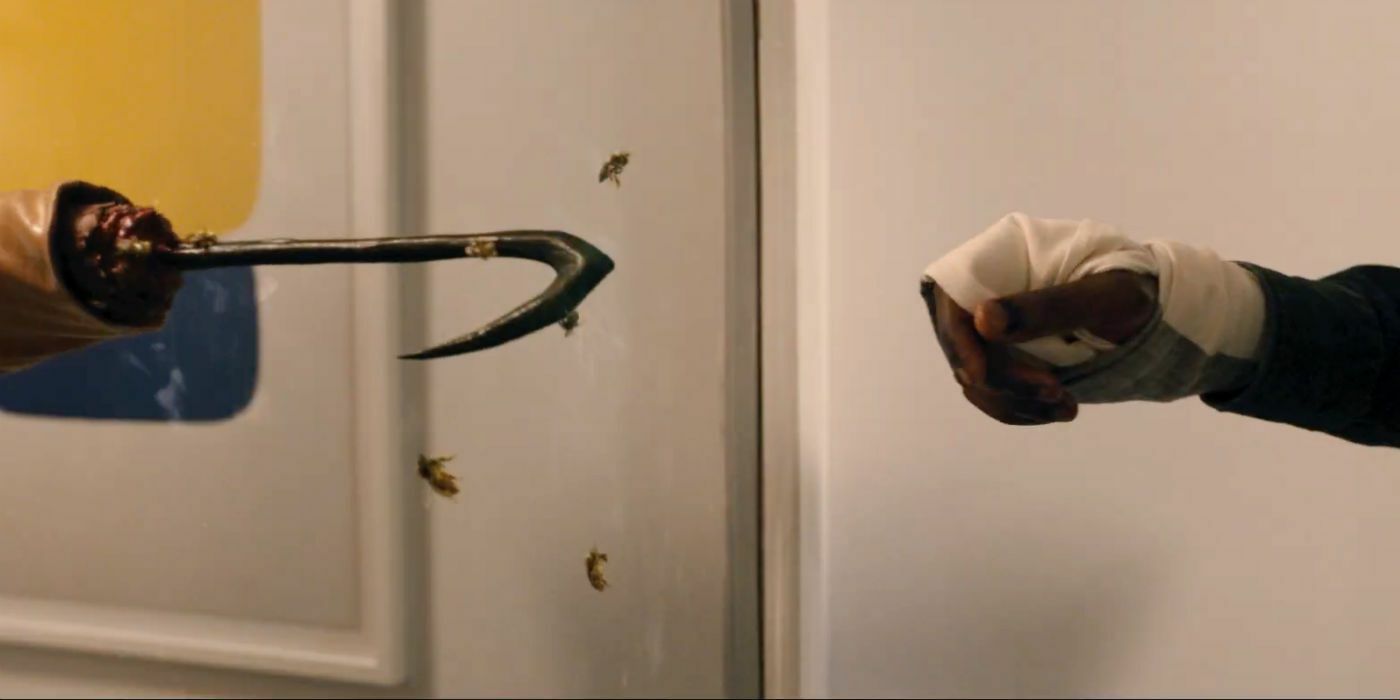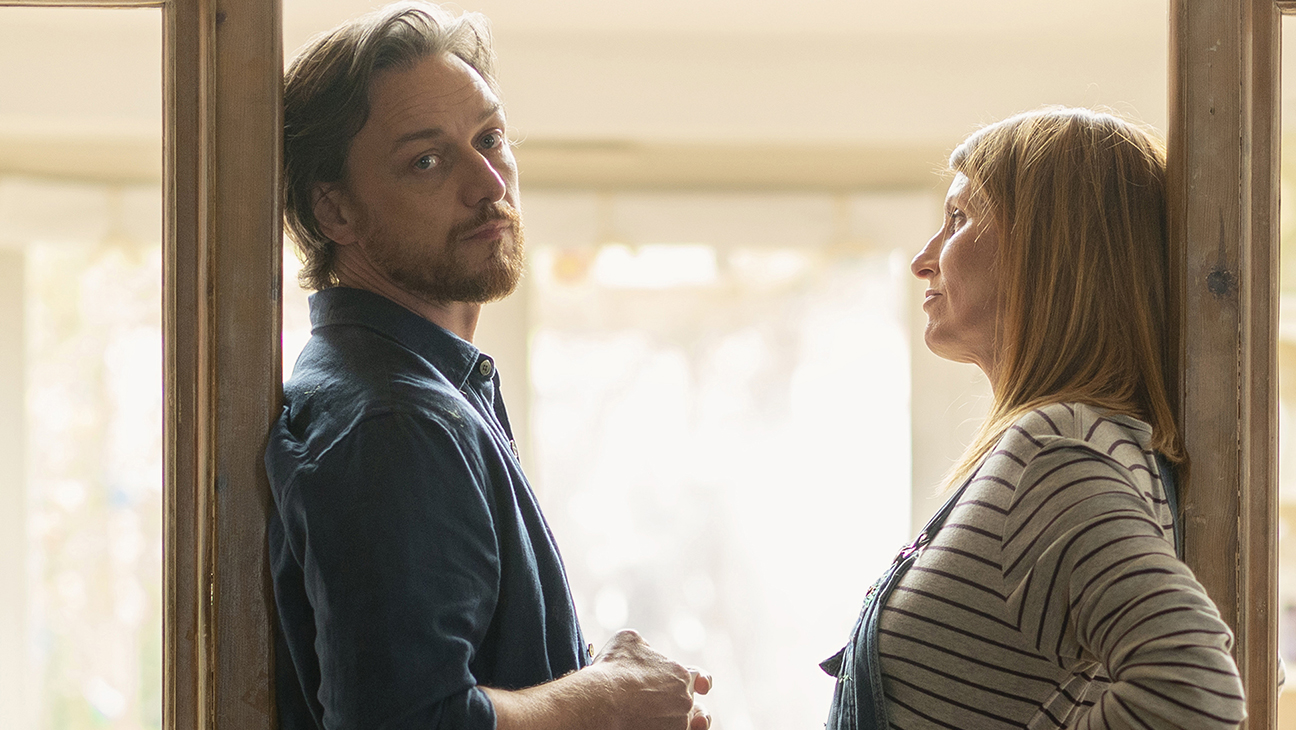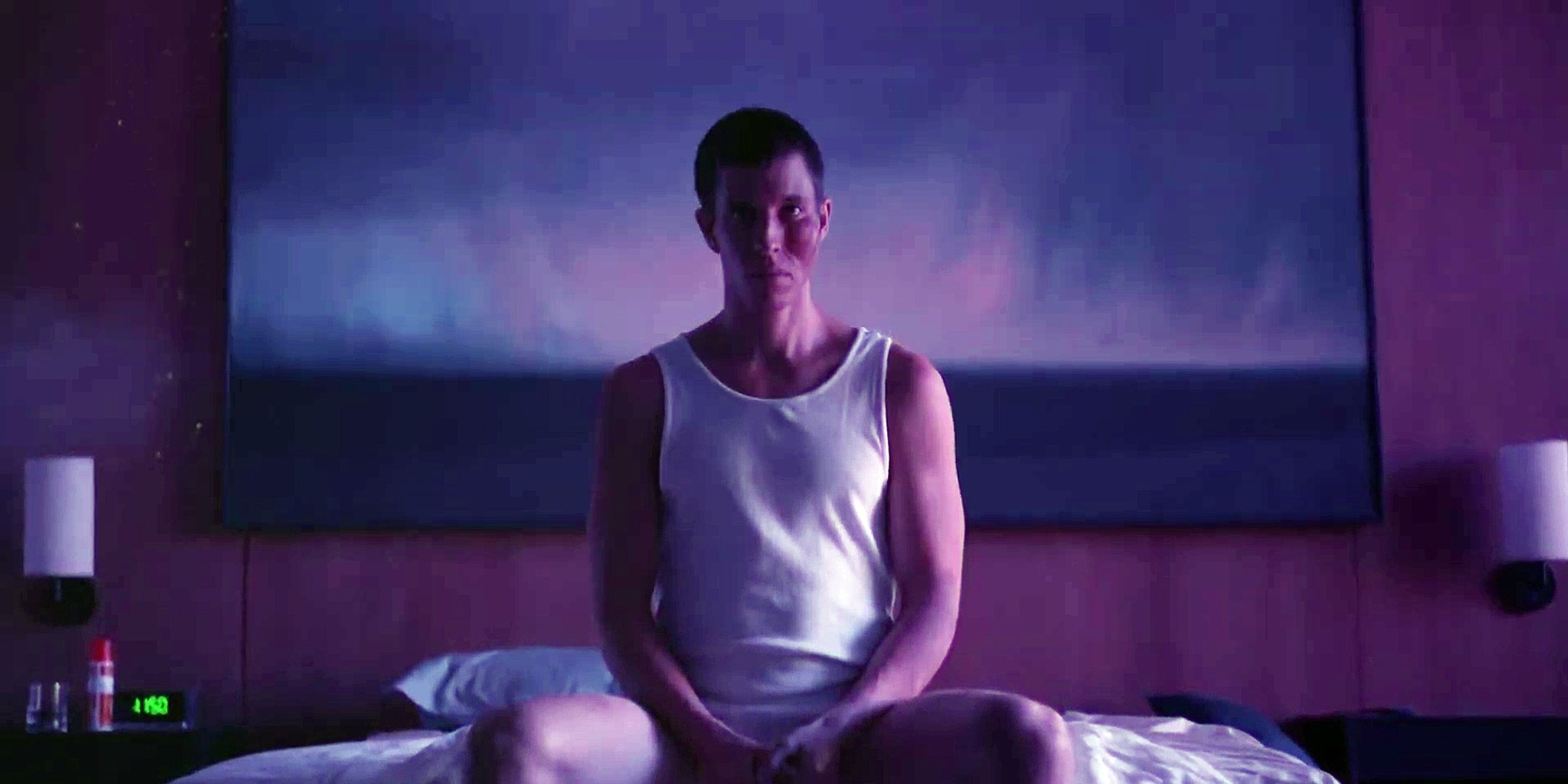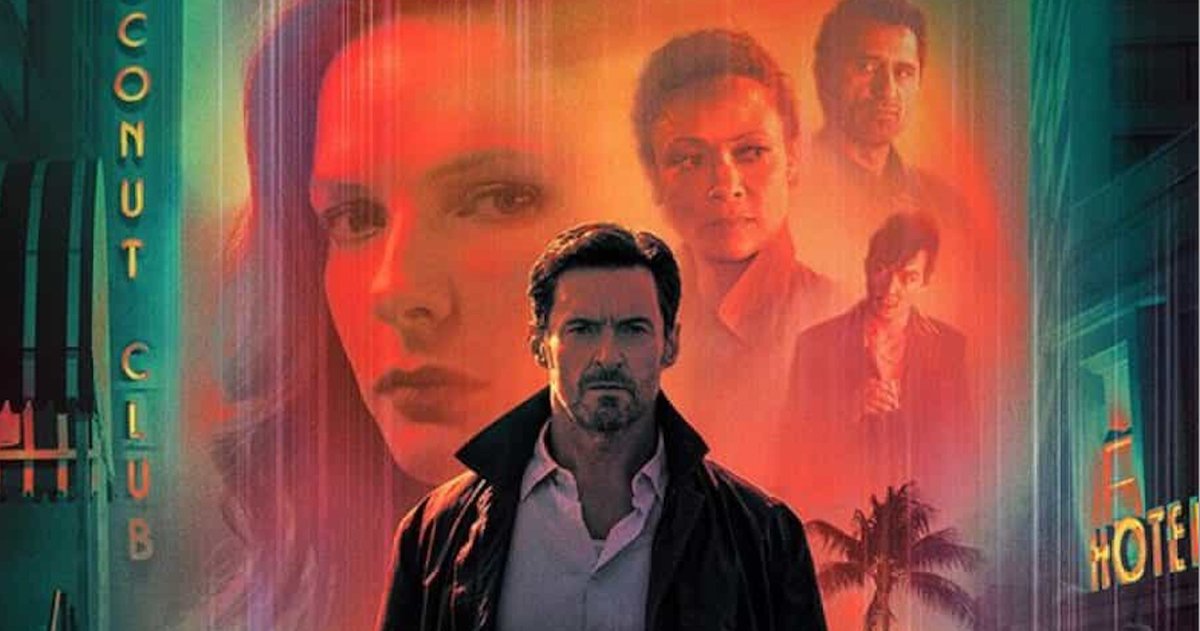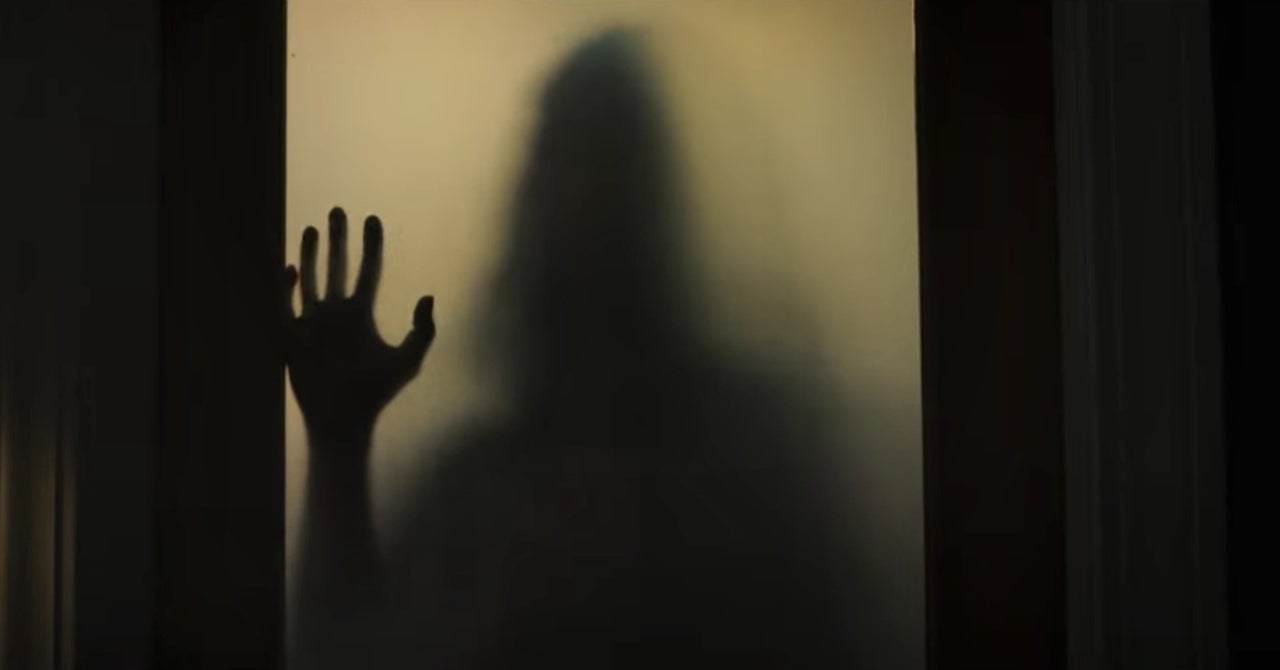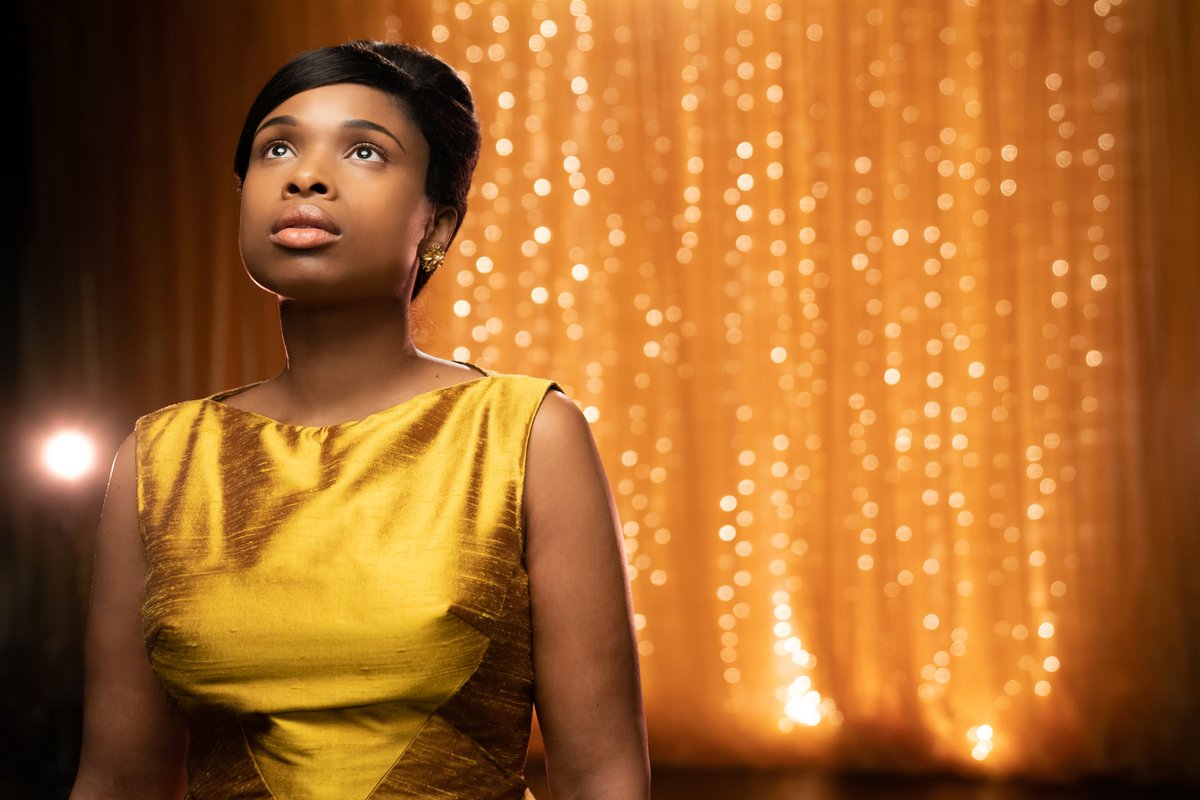Candyman
by Hope Madden and George Wolf
Sweets to the sweet, indeed.
This new Candyman is the most delicious brand of horror sequel. Thanks to the startling vision of director/co-writer Nia DaCosta and producer/co-writer Jordan Peele, it is a film that honors its roots but lives so vibrantly in the now that it makes you view the 1992 original from an urgent new angle.
We go back to Chicago’s now-gentrified Cabrini Green housing project with up-and-coming artist Anthony McCoy (Yahya Abdul-Mateen II), whose works have taken a very dark turn since he learned of the Candyman legend from laundromat manager William Burke (Colman Domingo).
Anthony’s obsession helps spark the interests of curious doubters, which means blood will soon be shed. Suspicions about Anthony’s possible role in the killings begin to grow, leading his girlfriend Brianna (Teyonah Parris) to worry about her own promising career in the art world – and eventually her own safety.
Research on the legend reacquaints us with events from the first film, gloriously reenacted through the paper and shadow puppet work first seen in the film’s trailer. Without dismantling the backstory, only shifting the point of view from white storyteller to Black, DaCosta takes ownership of the narrative—which is, itself, the point the film makes. Own the narrative.
DaCosta’s savvy storytelling is angry without being self-righteous. Great horror often holds a mirror to society, and DaCosta works mirrors into nearly every single scene in the film. Her grasp of the visual here is stunning—macabre, horrifying, and elegant. She takes cues from the art world her tale populates, unveiling truly artful bloodletting and framing sequences with grotesque but undeniable beauty. It’s hard to believe this is only her second feature.
Compelling performances throughout draw you into the saga. Abdul-Mateen II delivers terrifying layers while Parris gives the filmmaker a vehicle for outrage and satire. The always reliable Domingo (having a banner year) brings the film’s institutional knowledge — important in any sequel (somebody has to tell the protagonist what’s already happened), but invaluable in a film about the legacy of trauma.
And then there’s Vanessa Williams, whose return to the franchise is heartbreaking perfection.
Fans of the preceding films will find no reason to be disappointed, but that’s about the least of what this Candyman accomplishes. By the time a brilliant coda of sadly familiar shadow puppet stories runs alongside the closing credits, there’s more than enough reason for horror fans to rejoice and…#telleveryone.

